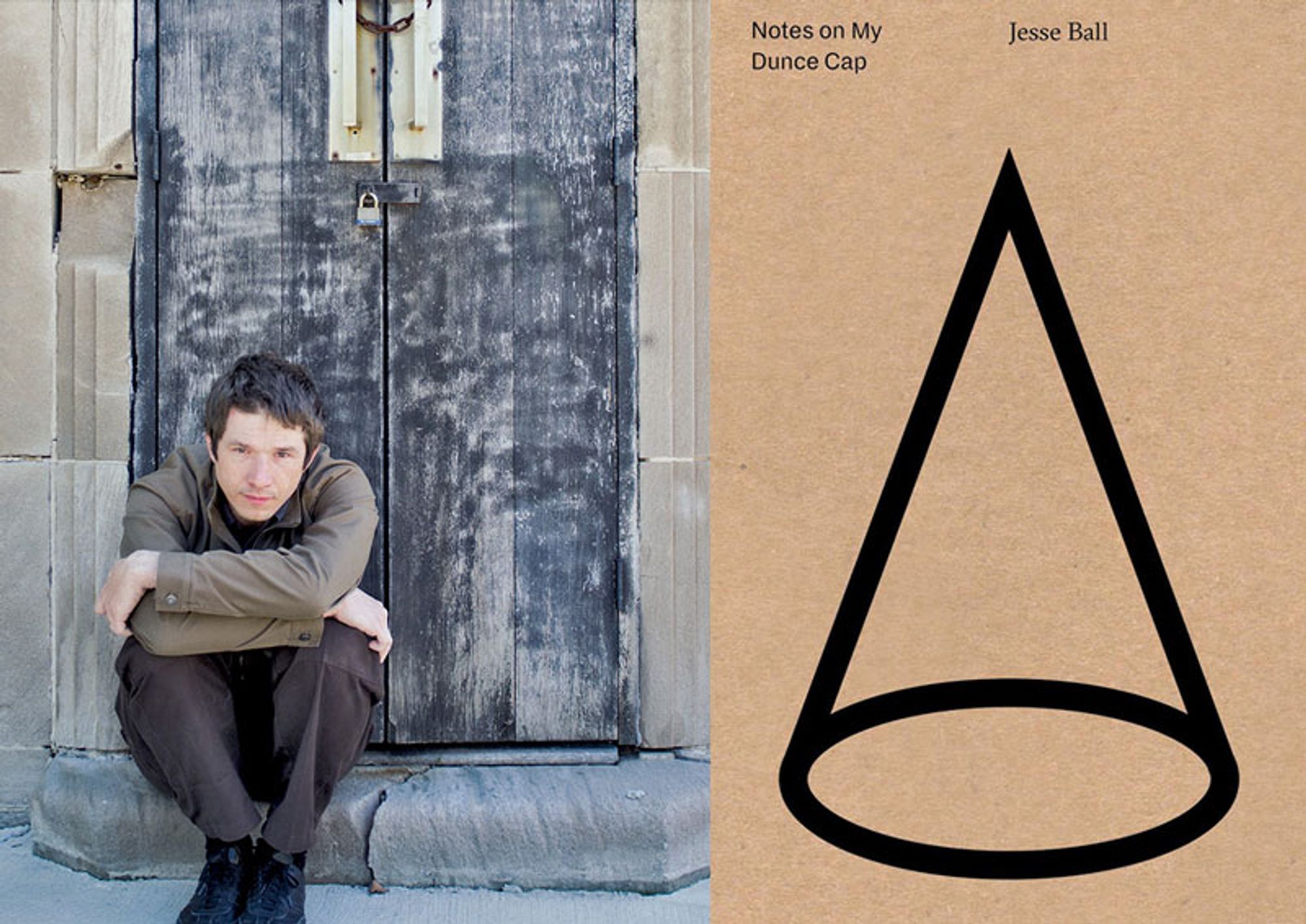
Jesse Ball: Learning by Accident
“Any teaching that does not come accompanied with the tools to dispute it…what is it? A poison? Can we be so kind in our description?” -Jesse Ball, Notes on My Dunce Cap
Acclaimed novelist Jesse Ball will read from and discuss his new book, Notes on My Dunce Cap, on the eve of Pioneer Works’ second annual Summit on Pedagogy. Readers of Ball’s fiction will be thrilled to find a vision of creative education deeply aligned with the eerie, philosophical worlds of his novels and poetry. In addition to launching the book, Ball will also present a new manifesto on teaching, Learning by Accident.
This event is free and open to the public. Those who are registered for the 2016 Summit on Pedagogy will receive a free copy of a limited-edition poster-size print of Ball’s manifesto. The poster will also be available for purchase.
About Notes on My Dunce Cap
Notes on My Dunce Cap reconsiders hierarchy in the classroom, and the role of education as a context for creativity and collaboration. The volume also includes sample syllabi from Ball’s courses at the School of the Art Institute of Chicago on everything from lucid dreaming to the theory of the Dérive; the Brothers Grimm, to a Franz Kafka Fancier Society. Ball also develops a dynamic process for workshop discussions based on Quaker practices of discernment, and incorporates theatrical elements to draw the most out of students and teachers alike.
About Groundworks
In January 2016 Pioneer Works Press launched Groundworks, a pocket series devoted to statements and propositions that elude categorization and seek to broaden the parameters of their subjects. Groundworks features unique volumes of essays, poetry, pedagogy, theory, conversations, and experimentations in hybridization–texts from artists, writers, scientists, teachers, and thinkers. The ideas developed in the series are foundational touchstones, seminal traces of mutation and adaptation that are vital in the evolution of cultural discourse.
About Jesse Ball
Jesse Ball (1978-) Born in New York. The author of fourteen books, including Silence Once Begun, A Cure for Suicide, and the forthcoming How to Set a Fire and Why. His prizewinning works of absurdity have been published to acclaim in many parts of the world and translated into more than a dozen languages. He is also renowned for the unique courses he teaches at the School of the Art Institute of Chicago, the syllabi of some of which are compiled in this volume with extended notes on pedagogy. He is a recipient of the 2016 Guggenheim Fellowship.
Excerpt
“When I was asked to teach for the first time, I was deeply uncomfortable. I was not embarrassed or confused. But I was suspicious. My own path has always been meandering and I rarely learn what I am supposed to at the time when I am taught it. At such a time I am busy learning something else. Only later do I circle back. I began teaching with this suspicion, that I was wrong in having the class meet, and wrong in declaring expertise. This being true, I felt, I must do everything in my power to right the initial wrong, and I must make the class as strange, as fascinating, and as suited to each particular student as I can. If I have ten students in a class, and they all learn the same thing from a lesson, I am dismayed. What I hope for is this: some will drowse by windowsills doing their own deeds, some will follow after my words, guessing at what I mean, and learning things that are not what I mean, some will turn my thoughts over with a spade and find still better thoughts, and some will disparage me, some will disagree out loud. In this melee, different things will be granted to each one, and I myself will be granted things also. I will leave the class with new belongings.”